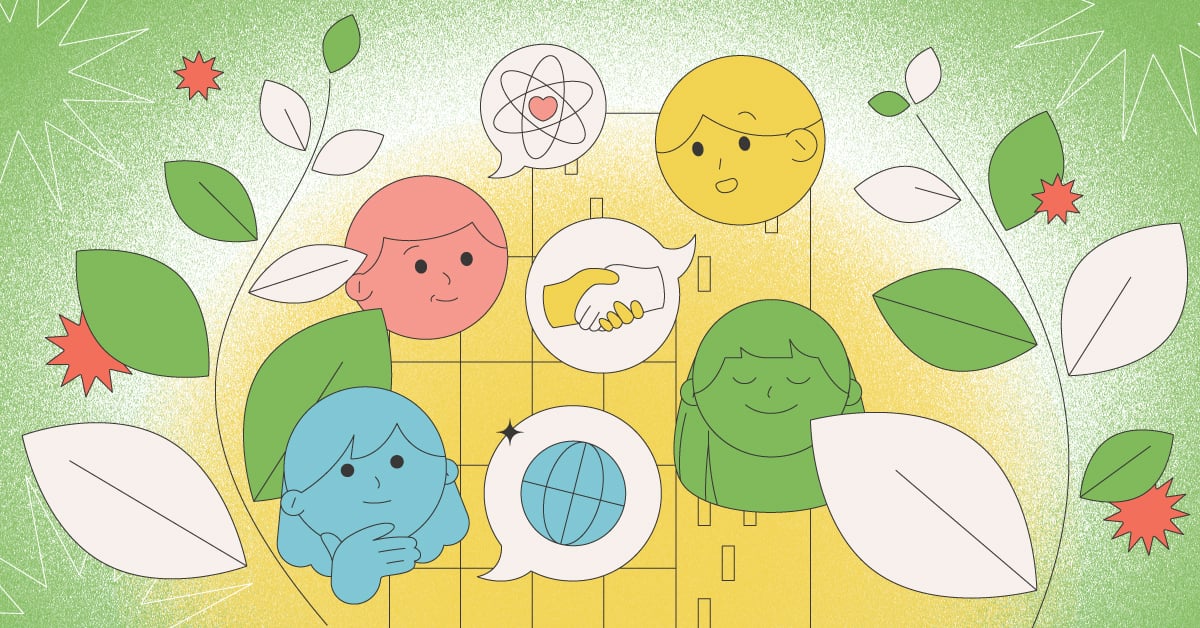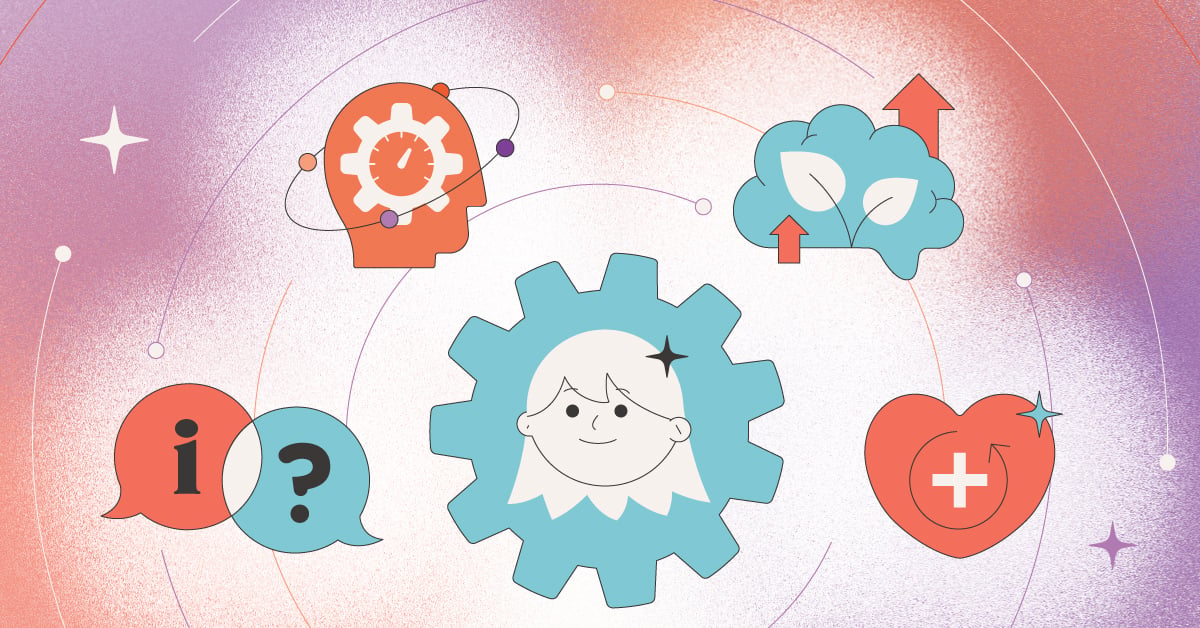
When you’re in the business of helping other people develop their careers, you can’t ignore your own development. After all, if you aren’t constantly focusing on your own personal development, how can you help your clients?
We know it’s a lot to keep track of. The good news is, one of the fastest ways to improve everything about your own development is to simply change your mindset. In her bestseller Mindset: The New Psychology of Success, Dr. Carol Dweck shares that every human endeavor can be improved by moving from a fixed mindset to a growth mindset.
What is a Fixed Mindset?
A fixed mindset is a perspective that your abilities, qualities, and capabilities are rigid and unchanging. People with a fixed mindset believe that showcasing their talents is more important than improving their skills and learning. They also believe that those talents are innate, and hard work is less important than natural skills.
This mindset is a common trap for high achievers. Many perfectionists have this mindset, but it leads to stifled growth and a lack of new achievements. “It’s safer to stick with what you know and do well, so why branch out?” they might think.
What is a Growth Mindset?
A growth mindset is a perspective that your abilities, qualities, and capabilities can grow and improve over time. The focus here, after all, is on growth. The key is an understanding that all skills and talents can be improved. This requires an investment of time, of belief, and of self.
How Can a Growth Mindset Improve Your Coaching?
It takes a lot of hard work to shift your mindset. In a culture that puts emphasis on fast results and quick turnaround, investing time in developing skills can make you feel like you’re always falling behind.
However, if you can develop a growth mindset and encourage one in your clients, you’re all going to reach unheard levels of success. Here are a few of the ways you’ll improve as a coach by embracing a growth mindset.
Make Mistakes to Progress Faster
You might be thinking, “I don’t need help making mistakes! I make plenty on my own!” However, there’s a reason why ‘fail fast, fail often is a mantra in the startup world.
A lot of the research on growth mindset starts young. A recent study shared by Scientific American showed that “learning becomes better if conditions are arranged so that students make errors.” By learning how to manage failure early, students become adaptable. That adaptability will be key to future success.
Not only will more frequent mistakes lead to more success, but they’ll also lead to more experience. One of the keys to successful coaching is your own experience. Clients want a reason to trust you, and that trust relies on examples from your own career they can see.
If you’re not making mistakes, you’re stagnating. If you only stick to what you’re naturally good at, you are hugely limiting yourself.
Instead, apply a growth mindset that focuses on learning the lesson from all experiences, successes, and failures. It will only add to your credibility.
Learn to Listen
Listening is a crucial part of a coach’s role. Your clients are struggling with something, be it employee engagement, work culture, or hiring. They’re looking to you for insight and guidance, and you can’t give that to them without being an excellent listener.
A fixed mindset limits your scope of vision. You’re confined to your own previous successes and point of view. When you embrace a growth mindset, you get to focus on other points of view and solutions. You can more easily step into the shoes of your clients and understand their struggles, then plan on tackling those struggles according to their strengths.
“Before I was the Director of Customer Success here at TTI SI, I was actually a VAA,” said Brittney Helt. “In general, what I’ve learned is that the ability for people to just listen is so hard. As humans, we really just want to be heard, so from a coaching standpoint, if we can give tools to the coach to be able to explore that and open it up in more ways, we give the coach the ability to make a bigger impact with our clients.”
Keep Current In Your Industry
“Keeping your skills up-to-date is essential to staying employed in some jobs or careers,” reports Western Michigan University. Education contributes to earnings, and “this earnings gap has been increasing for decades. And if it keeps rising, you may benefit from extra training even if you are in your 20s or 30s and have relatively current skills, because your added education will keep going up in value.”
When you have a fixed mindset, pursuing continuous education becomes needlessly difficult. You’re relying on your old skills and natural talents, without taking the necessary risks to develop either. How are you supposed to learn anything with that internal pressure, much less cutting-edge industry insights? It’s not going to happen.
A growth mindset lets you take risks, try new skills and techniques, and figure out where you need to grow. Identifying your weaknesses might feel scary, but it’s one of the best things you can do for your personal and professional development. How else can you improve?
Develop Your Empathy
Finally, a growth mindset will help you develop empathy. Viewing mistakes as opportunities rather than moral failings is a much healthier approach to life and growth.
“We can begin our growth mindset journey by reflecting on when we’re in a fixed mindset and what effect it has on us. Such reflection increases our understanding of mindsets as well as our self-awareness, which empowers us to later influence our own beliefs and those of others,” says Eduardo Briceño, co-founder and CEO of Mindset Works.
“Through working on our own transformation, we realize that people can change. We develop a growth mindset, and in the process, we become more capable of helping others do the same.”
Your clients are coming to you to become better people. They want to be a better leader for their teams, a stronger mentor, and a more understanding person in business. The literal tool for this understanding is assessments, and the mental tool is the correct mindset.
Assessments help us understand the world at large, your team, and yourself. A growth mindset gives you the push to pursue risks, make mistakes, and continue learning your entire life.
“Having a growth mindset as a coach is the most important thing you can do,” said Stacy Axon, a Business Development Consultant at TTI SI. “I’ve worked as a coach myself for over 30 years, and can confidently say that if you yourself are not coming from a place of possibility, you’re doing your clients a great disservice. A fixed mindset limits your clients to their current capabilities. A growth mindset helps you discover where they can go.”




